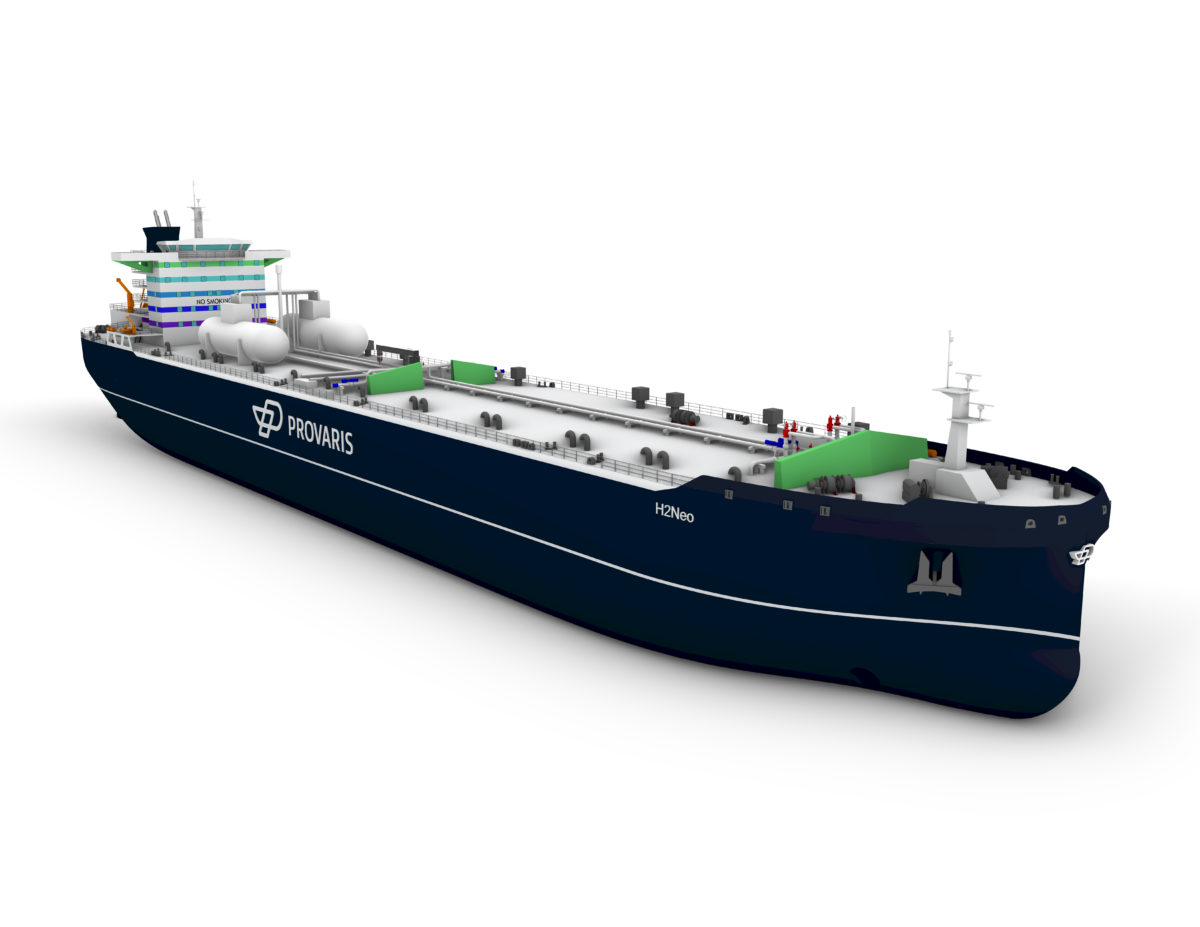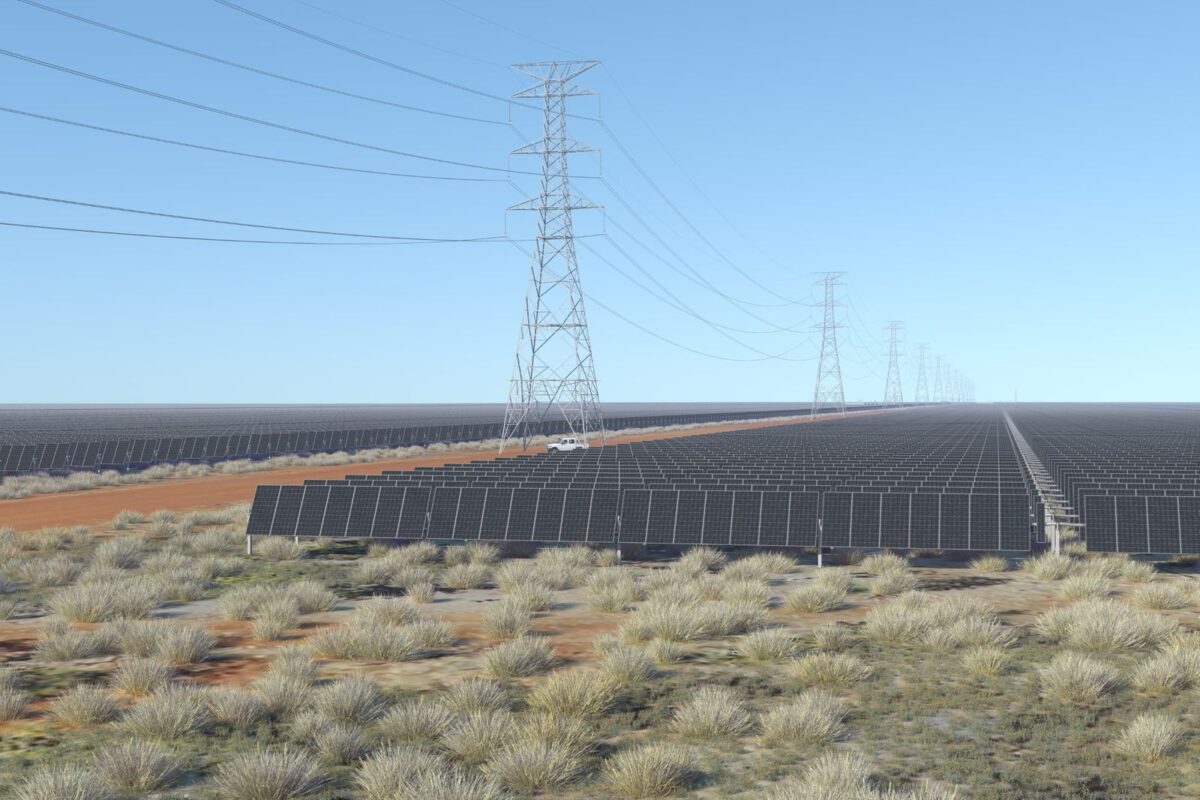From pv magazine Global | via the Hydrogen Stream
Princeton University researchers have quantified the response of atmospheric methane (CH4) to rising hydrogen production. They claim that a hydrogen-based economy would reduce CO2 emissions and improve air quality, but would also increase hydrogen (H2) emissions due to leaks, venting, purging, and incomplete combustion. The increase in the concentration of tropospheric H2 could reduce the availability of hydroxyl group (OH), which is the dominant sink for methane and hydrogen. “Green H2 can mitigate atmospheric methane if hydrogen losses throughout the value chain are below 9 ± 3%,” the researchers wrote in a new study in Nature Communications. “Blue H2 can reduce methane emissions only if methane losses are below 1%.
The American Bureau of Shipping has reviewed, verified and approved the design of the H2Neo, a 26,000-cubic-meter compressed H2 carrier. It claimed that H2Neo is “the first of its kind to receive this level of approval,” following the completion of the Front End Engineering Design (FEED) by Australia’s Provaris Energy. The Perth-based developer will now build and test a prototype hydrogen tank, while preparing for ship construction “with a selected shipyard.” It will take the H2Neo to construction-ready status in 2023, with a bigger green compressed hydrogen carrier to follow in 2026.
Hyundai Motor’s fuel cell unit, HTWO, has signed a partnership with Faun Group’s Enginius subsidiary to supply fuel cell systems for the mass production of hydrogen-powered commercial trucks. “HTWO’s 90 kW fuel cell system will be paired with Enginius chases to provide zero-emission power for waste collection trucks and medium cargo trucks for intra-city goods delivery,” said the two companies. They expect to start field testing in 2024 and series production in 2025.
CWP Global has reached an agreement with the government of Djibouti to develop a 10 GW renewable energy and green hydrogen hub in the Horn of Africa. They said the project will provide secure potable water supplies to local communities and open the door to emerging international markets for green hydrogen and derivatives, including green ammonia. Djibouti wants to promote hydrogen collaboration with regional neighbours, including Ethiopia.
Germany has pledged at least €112 million ($177 million) to expand renewable energy, the power grid, and hydrogen production in Kenya. The agreement comes after the two countries signed a climate and development partnership in Sharm El-Sheik, during the COP27.
The UK government has agreed to provide GBP 25 million ($45 million) to support technologies that could produce hydrogen from sustainable biomass and waste. “Funding will go directly towards progressing BECCS [bioenergy with carbon capture and storage] projects from the design stage to demonstration,” said the government.
This content is protected by copyright and may not be reused. If you want to cooperate with us and would like to reuse some of our content, please contact: editors@pv-magazine.com.








By submitting this form you agree to pv magazine using your data for the purposes of publishing your comment.
Your personal data will only be disclosed or otherwise transmitted to third parties for the purposes of spam filtering or if this is necessary for technical maintenance of the website. Any other transfer to third parties will not take place unless this is justified on the basis of applicable data protection regulations or if pv magazine is legally obliged to do so.
You may revoke this consent at any time with effect for the future, in which case your personal data will be deleted immediately. Otherwise, your data will be deleted if pv magazine has processed your request or the purpose of data storage is fulfilled.
Further information on data privacy can be found in our Data Protection Policy.